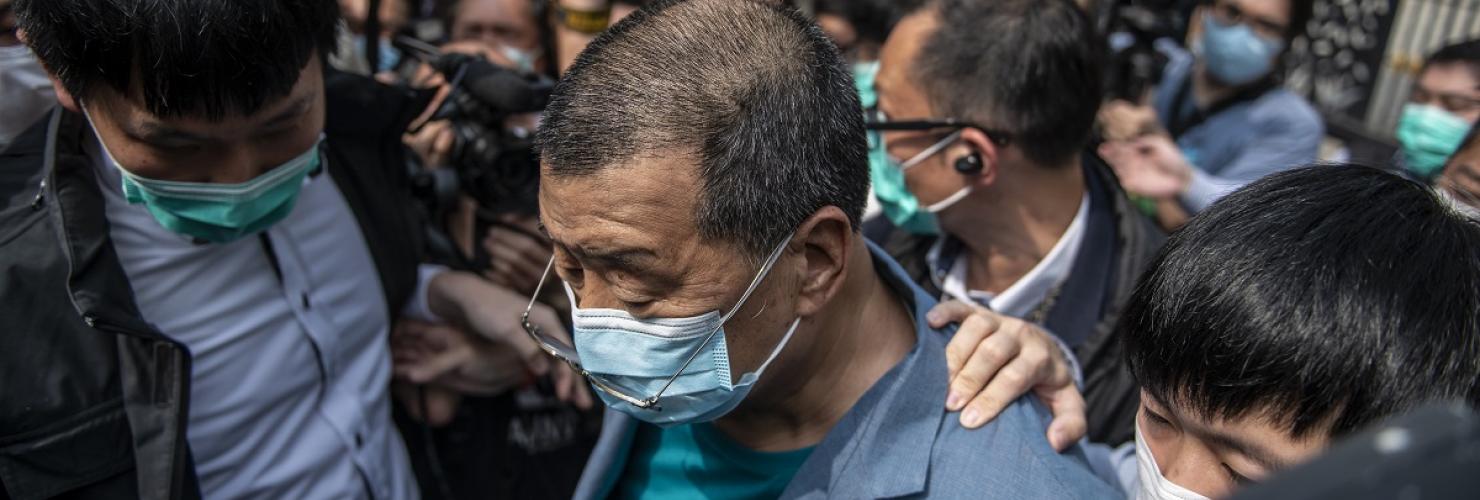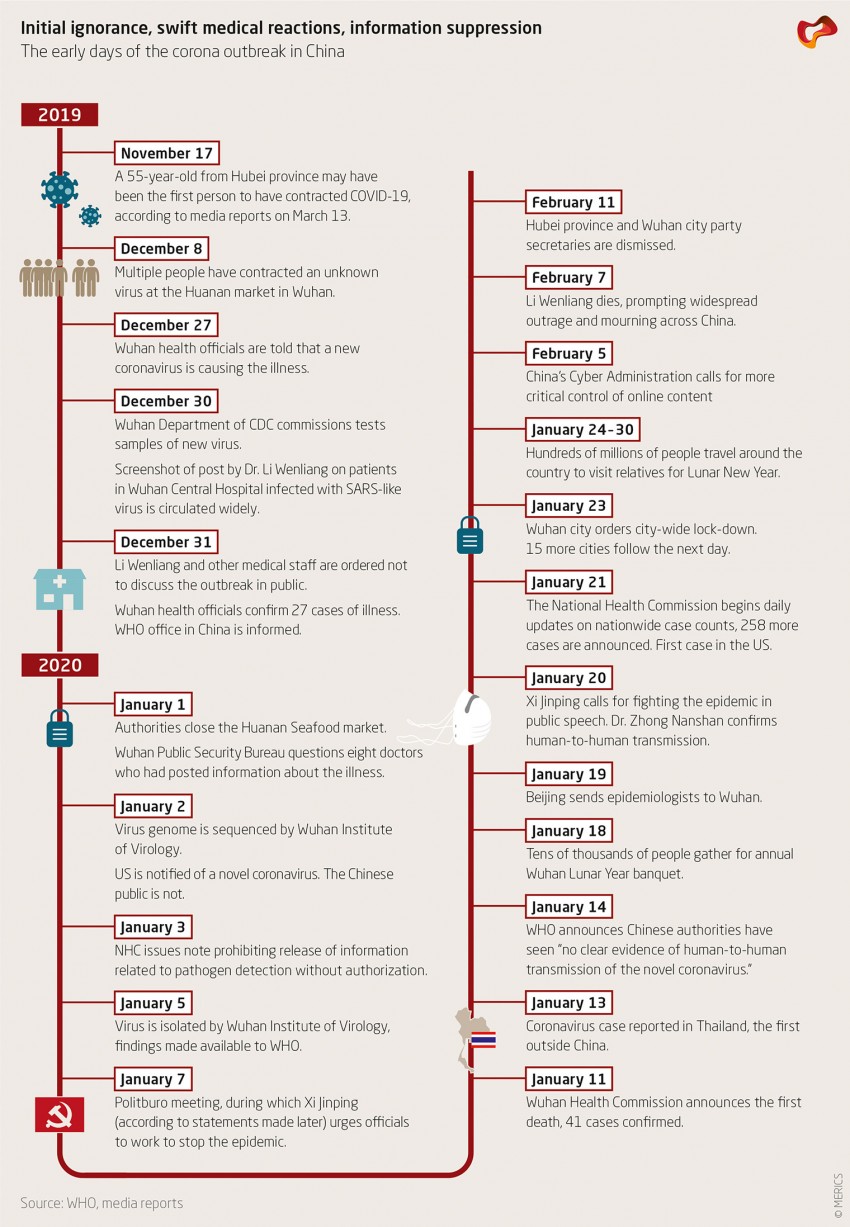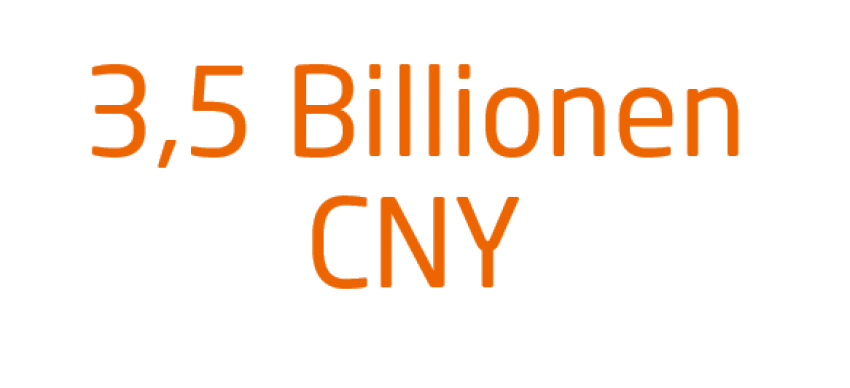

Hong Kong arrests bridgebuilders in pro-democracy movement
TOP STORY: Hong Kong arrests bridgebuilders in pro-democracy movement
In the aftermath of the Corona outbreak, China is toughening its stance toward the pro-democracy movement in Hong Kong: police arrested 15 of the most prominent supporters, accusing them of, among other things, “unlawful assembly” in connection with mass street protests last year.
Among those arrested on Saturday April 18 were prominent lawyers, lawmakers and business leaders. They included 81-year-old barrister Martin Lee QC – one of the group who drafted the Basic Law for Hong Kong in the 1980s, barrister Dr Margaret Ng and media tycoon Jimmy Lai.
While mass arrests have been a dominant characteristic of the police handling of the protests in Hong Kong to date, this recent move signals a shift to a tougher stance also toward more influential pro-democracy voices. Those arrested at the weekend have served as bridgeheads between the pro-democracy movement and Hong Kong institutions.
Arrests might lead to further radicalization of protest movement
While international voices condemned the arrests, the mainland media welcomed the move as a sign of rule of law in Hong Kong. It was followed on Wednesday by a cabinet reshuffle in the Hong Kong government, which saw five senior ministers replaced, among them the minister overseeing ties with Beijing.
The arrests remove from the overall pro-democracy movement those supporters who are embedded within Hong Kong institutions. This could lead to a further radicalization of the movement, giving the authorities the pretext to take an even tougher stance on the protests.
The developments also suggest that Beijing will likely push to go forward with promulgating the National Security bill (Basic Law, article 23). This would allow Beijing to punish Hong Kong residents for, for example, “leaking state secrets” and “sedition” – vague terms used by China to refer to any anti-Beijing activity.
MERICS analysis: “Targeting elites is a new tactic in the Hong Kong authorities’ approach to handling the pro-democracy protests. The intent could be to try to break the links between the protesters and the institutions, cutting off their support. Arresting these bridge-builders sends a signal to other establishment figures who support the protests that they, too, will be brought into line. The arrests also increase concerns that Beijing intends to interpret the Basic Law in such a way as to maximize its influence. With the world’s attention focused on the Covid-19 pandemic, Beijing appears to feel more confident that it has the power to interfere in Hong Kong’s affairs.” MERICS Analyst Nis Grünberg
Media coverage and sources:
- Joint statement on Hong Kong arrests published by the Advocates for Justice and Human Rights
- China Daily article on the arrests (in Chinese)
- Hong Kong Free Press: Summary of all developments leading up to the arrests
- South China Morning Post: Beijing’s liaison office says it has the right to handle Hong Kong affairs, as provided by the constitution and Basic Law
- Bloomberg: Hong Kong Leader Carrie Lam Replaces Five Ministers in Cabinet Reshuffle
Covid-19: Beijing remains wary of information fallout from the outbreak
Die Fakten: Chinas Regierung hat bereits vollmundig den Sieg über das Coronavirus erklärt, sorgt sich aber offenbar um ihren Ruf als Krisenmanagerin. Offenbar als Reaktion auf Zweifel in der eigenen Bevölkerung korrigierte Beijing die Zahl der Todesopfer in der besonders betroffenen Stadt Wuhan um satte 50 Prozent nach oben. Landesweit stieg die Zahl der Corona-Toten damit auf mehr als 4600. Die parteistaatliche Nachrichtenagentur Xinhua machte "verspätete, unterlassene und falsche Meldungen“ aus der Region über den wahren Stand des Ausbruchs für die Korrektur verantwortlich. Zugleich haben bei den parteistaatlichen Medien Hintergrundberichte aus dem Zentrum der Macht Konjunktur: Xi Jinping wird darin stets als kluger Stratege porträtiert, der in dramatischer Lage stets den Überblick behält.
Der Blick nach vorn: Für Beijing wird es schwieriger, die Erzählung vom klaren Sieg über die Seuche glaubhaft zu vermitteln. Derzeit werden immer mehr Details eines offenkundigen Versagens in den Anfangstagen des Ausbruchs in Wuhan bekannt. Trauernde und enttäuschte Bürger in den besonders schwer betroffenen Regionen dürften, ebenso wie internationale Kritiker, verstärkt Aufklärung fordern.
MERICS-Analyse: Die Nachwirkungen des Ausbruchs sind eine große Herausforderung für Chinas Regierung. Zwar loben viele Chinesen ihr Krisenmanagement, besonders mit Blick auf die teils dramatische Lage in anderen Ländern. Kritische Details über ein Versagen in der Anfangsphase der Pandemie oder eine zweite Infektionswelle in China könnte Beijing allerdings erheblich unter Druck setzen. Um die Unterstützung der Bevölkerung zu gewinnen, setzt Beijing auf eine ähnliche Strategie. Nachdem internationale Versuche China für das Virus verantwortlich zu machen sowie Verschwörungstheorien nationalistische Gegenreaktionen hervorriefen, versucht die chinesische Regierung, diese Atmosphäre zu nutzen und die Erzählung in die von ihr gewünschte Richtung zu drehen.
Lesen Sie auch unsere Blogserie (auf Englisch) „China’s Corona Struggle“. Unser Autor Thomas Geddes untersucht in seinem Beitrag zum Beispiel, inwieweit der Ausbruch die Herrschaft der KPC in Frage stellt.
Medienberichte und Quellen:
China’s key production factors include data for the first time
The facts: The State Council and the Central Committee of the Chinese Communist Party (CCCCP) have released new guidelines to improve the allocation of five key production factors: land, labor, capital, and notably also both technology and data. The document, approved last November and published on April 9, is a part of ongoing efforts to reform the economy. It lists measures to increase the use of market-based mechanisms for the allocation of production factors and takes further steps toward opening the capital market for foreign investors. A representative of the National Development and Reform Commission (NDRC) said the guidelines will drive deep economic reforms and would help stimulate the economy as China recovers from the Covid-19 outbreak.
What to watch: The regulations include new mechanisms to reduce bureaucratic obstacles and enhance fair competition. They also further open up the financial sector and proclaim the intention to increase international technological cooperation. Whether the potential advantages for foreign investors will materialize is yet to be seen. The impact of the guidelines depends to a large extent on the implementation of concrete measures, which are still to be released.
MERICS analysis: The emphasis on technology and data as key production factors underlines China’s broader effort to spur on its digital economy. Whether the guidelines will contribute to a greater leverage of market-based mechanisms is questionable, however, since the Chinese government only tolerates market forces as long as they further national strategic goals. Promises of fairer competition have also long been made. It is too early to say whether the Covid-19 crisis will strengthen factions in China that ultimately work for such pledges.
Media coverage and sources:
METRIX
China hat Investitionen von insgesamt 3,5 Billionen Yuan allein für dieses Jahr angekündigt, um den Auswirkungen der Covid-19-Krise entgegenzuwirken. Das Geld wird für eine lange Liste von Projekten zur Verfügung stehen, die in den letzten zwei Monaten von mindestens sieben der 31 chinesischen Provinzen veröffentlicht wurden. (Quelle: South China Morning Post)
VIS-À-VIS with MERICS Chief Economist Max J. Zenglein
China appears to have contained the coronavirus, but the lockdown was a huge shock to the country’s economy in the first three months of the year. MERICS chief economist Max J. Zenglein says recovery could be slow.
China's gross domestic product shrank 6.8 percent in the first quarter. When will growth normalize again?
We should not underestimate the situation. China is in an unprecedented economic crisis, one that is much worse than anything it went through during the SARS epidemic and the global financial crisis. Don’t expect a rapid recovery of the Chinese economy in the second quarter. Manufacturing is picking up again, especially electronics and pharmaceuticals, so there is some good news on the supply side. But the demand side remains a real problem. Domestic demand is weak as many people are earning less or nothing at all. And foreign demand is beginning to weaken – and China will only feel the full impact of that in the coming weeks. The economy will probably shrink in the second quarter as well and Beijing will have to drop its target of growing the economy by about six percent this year.
The Chinese government has taken various measures to support the economy. Will it need to do more?
The government has already initiated a number of fiscal and monetary policy measures. Its main aim has been to reduce the tax burden on small and medium-sized enterprises (SMEs) and to simplify their access to capital. Infrastructure programs have also been announced, like the 5G network expansion. The Chinese central bank has cut reserve requirements, lowered its key interest rate and pumped liquidity into the economy. But the need for additional government spending will increase. Weak demand at home and abroad is hurting the SMEs most of all and we will probably see more bankruptcies soon. So expect more targeted stimulus from Beijing to crank up consumer demand, but also to help SMEs secure capital. If these stimulus measures do not have the desired effect, Beijing might even be tempted to lower the value of the yuan, further stressing China’s financial system.
SMEs are in trouble, what but about state-owned enterprises? What will the economy look after the crisis?
Some of the manufacturing sectors such as transportation equipment or steel that are picking up are driven by state-owned enterprises (SOEs). But the government knows it needs the private sector and its SMEs to get the economy up and running again, that’s the motivation for all the targeted help. But if SME’s do not respond fast enough to the stimulus I think we’ll see SOEs expand their role in the economy again. SME’s are most vulnerable to bankruptcies as the crisis unfolds. Bigger companies and SOEs are generally better equipped to deal with a crisis like this, as they have credit lines they can draw on and banks are more willing to lend to them. The private sector could also be weakened as foreign companies rethink their manufacturing footprints. I think we will see an accelerated end to China-centric supply chains as global companies diversify manufacturing out of the country.
You can read the latest issue of the MERICS Economic Indicators, compiled by Max J. Zenglein and Maximilian Kärnfelt, online here.
REVIEW: Miners, the Horsekeeper and Pneumoconiosis – a documentary by Jiang Nengjie (Dec. 2019)
This is a side of China we don’t get to see too often, a side of China that Chinese censors take great pains to scrub off our screens, the reverse side of President Xi’s “China Dream”— poverty, corruption and an illegal coal miner left to die at home from the terminal lung disease pneumoconiosis. “A decade ago, they had to bribe [local officials]. A decade later they can’t even get an ambulance to come,” comments one viewer. “We're not trying to say bad things, we're just trying to tell the truth”, writes another.
Shot over a period of eight years, the film follows the fates of director Jiang Nengjie’s relatives in rural Hunan. From the mind-numbing working conditions of illegal mines, to the harsh realities of health care and schooling in rural China, Jiang takes us into the intimacy of these people’s lives. His film has no voice-over, no special effects and no clear political line. It is raw, sobering, slow-moving, but real. This is certainly not your next Tiger King or other Netflix blockbuster, but an important and praiseworthy documentary it is.
“Miners, the Horsekeeper and Pneumoconiosis” (矿民、马夫、尘肺病) is free to watch. “This documentary has no way of being shown or distributed in public, so please share the download link discretely”, comments Jiang on Chinese social networking service Douban. The director says he hopes something will be done to prevent other people from developing pneumoconiosis and “to prevent so many families from falling into poverty as a result of it.”
Review by MERICS junior analyst Thomas des Garets Geddes
Media coverage and sources:
PROFILE: Fang Fang (方方): From voice of Wuhan to national traitor
The Chinese author Fang Fang (方方) gained widespread recognition across China for her daily account of life in Wuhan during the Covid-19 lockdown. Initially published on Chinese social media Weibo between January 25 and March 25, her reports depicted in candid and heartfelt detail the suffering of the city’s inhabitants. Her diary attracted tens of millions of readers across China and has now been translated into English and German, under the title “Wuhan Diaries”.
While she is receiving accolades from abroad for her writing, Fang Fang’s reception in China has lately become more controversial. Although initially lauded by her fans as the “conscience of Wuhan” for revealing untold stories and combatting censorship, today there is growing criticism. Some argue that the speedy translation and publication of her writing will only serve the political purposes of Western countries. Social media users have even provided official records of Fang Fang’s real estate properties and accused her of being a traitor for taking tax-payers’ money as a “cadre” (she was the former chairman of Hubei Province Writers Association) while using her writing to humiliate her country.
The author herself has responded to these widely divergent opinions by warning of the similarity between today’s Chinese social media and the atmosphere during the Cultural Revolution. Her diaries serve as a mirror reflecting the bipolar realities in China and the increasing divide in Chinese society.
Media coverage and sources:
MERICS China Digest
MERICS’ Top 3
- Anti-corruption campaign: Deputy public security minister Sun Lijun under investigation
- Chinese state-sponsored teaching program shut down: Swedes axe Confucius school scheme as relations sour
Politics, society and media:
- Chinese influence: Chinese investor CITIC aqcuires majority stake in Czech media group
Economy, finance and technology:
- Energizing economic development: China defines “new infrastructure” to boost economy
- Ten times more: State Grid increases electric charging station footprint
- Pilot for digital yuan: China’s digital currency takes shape
- French automaker drops loss-making venture: Renault quits its main China venture
International relations:
- Taiwan, China and the Czech Republic: Czech court bars extradition of eight Taiwanese to China
- Dispute over Chinese dam: Could China’s dam have contributed to drought in Lower Mekong?
- Focus on EU-China investment agreement: China moves to keep talks on track
Editorial team
Managing editor: Claudia Wessling, Director of Publications, MERICS
Editors: Janet Anderson, Gerrit Wiesmann, freelance editors, Hannah Seidl, Communications Manager, MERICS
Graphics: Alexandra Hinrichs, Graphic designer, MERICS

